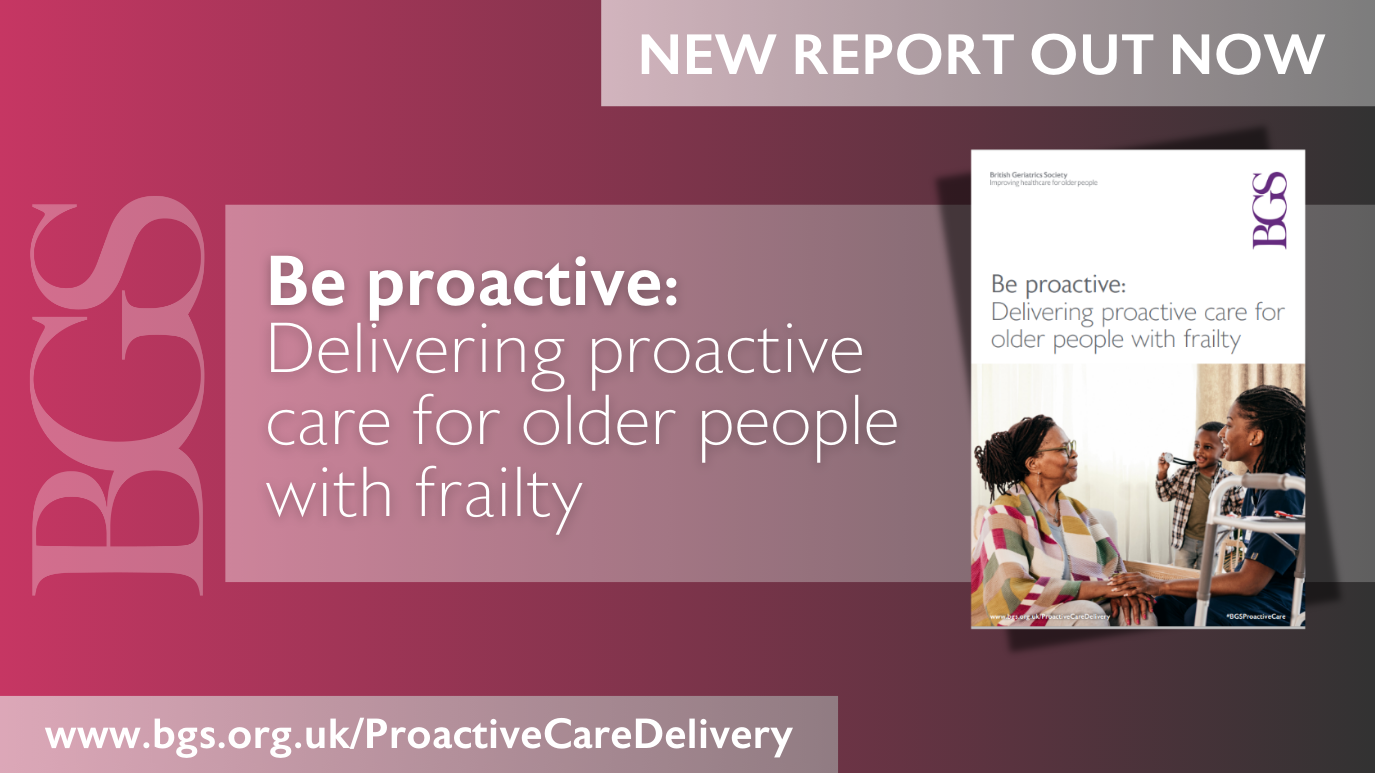The British Geriatrics Society (BGS) supports colleagues in the Royal Colleges and across the healthcare sector in protesting about the pressure on emergency departments resulting in provision of care in hospital corridors.
We welcome the recent commitment from NHS England to provide data on such care provided in hospital corridors (sometimes referred to as temporary care environments or temporary escalation spaces). We are pleased to see the Royal College of Physicians (RCP) advocating for the inclusion of assessment of physiological status, frailty and cognition at the front door to identify, risk-stratify and manage patients most at risk of deterioration and poor outcomes.
Professor Jugdeep Dhesi, President of the BGS, said:
Older people currently face long waits in emergency departments, with people aged 65 and over accounting for around two thirds of those waiting over 12 hours. Older people are among the most vulnerable patient groups. Long waits and sub-optimal care provided in the inappropriate setting of a corridor are likely to be particularly harmful for them and result in protracted hospital admissions.
‘Winter is a tough time in the NHS and we know that colleagues across the system are all trying to provide the best possible care in extremely challenging circumstances. No patient wants to receive treatment in a corridor and no healthcare professional wants to provide care in such environments.
‘However, these challenges are not insurmountable. There are many ways in which services for older people can be better designed to reduce crisis presentation and the currently observed scenario of emergency care in hospital corridors.
‘Provision of proactive care in the community helps to spot early signs of deterioration in health, and hospital at home services can provide hospital-level care in the comfort of someone’s home. Front door frailty and same day emergency care services can identify older people at risk as soon as they arrive in the emergency department, ensure that they are treated quickly and, where indicated, discharged home with appropriate care, on the same day. These services relieve pressure on emergency departments and reduce the need for care in non-clinical spaces. They now need to be scaled up and rolled out to ensure all older people, regardless of geography, have access to the best care possible in the right environment for them.’

